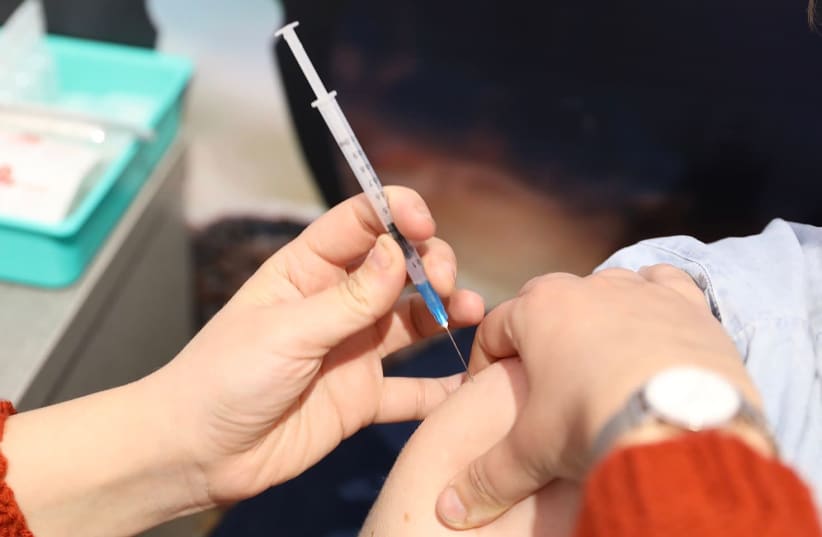Israel is working on ways to regulate medicines – especially COVID-19 vaccines – independently of the US or European Union. Joining together with Austria and Denmark, among other countries, Israel will explore production and regulation options an Israeli official said on Wednesday.
Israel does not currently have its own, independent regulatory body and rolled out the Pfizer vaccine to its citizens after the US Center for Disease Control approved it.
The EU regulatory process has slowed down the distribution of vaccines in Europe, and Austrian Chancellor Sebastian Kurz and Danish Prime Minister Mette Frederiksen are set to visit Israel on Thursday to discuss vaccine production and regulation with Prime Minister Benjamin Netanyahu.
The countries seek to work together on a streamlined regulatory process of their own, rather than relying on others.
They are also planning joint vaccine and medicine production capabilities, specifically of second-generation vaccines against COVID-19 mutations, as well as research on treatment options. The alliance would be called the First Movers Group.
Netanyahu said last week that he has been in talks with Pfizer and Moderna, two major COVID-19 vaccine producers, to begin local production, and has spoken with six other countries to built joint facilities.
The three vaccines cleared for use in the EU are made by Pfizer and German partner BioNTech, Moderna and AstraZeneca, and they rely on production in countries including Germany, Britain, Switzerland, Belgium and the Netherlands.
The move by the two EU member states comes amid rising anger over delays in ordering, approving and distributing vaccines that have left the 27-member bloc trailing far behind Israel’s world-beating vaccination campaign.
Austrian Chancellor Sebastian Kurz said it was right that the EU procures vaccines for its member states but the European Medicines Agency (EMA) had been too slow to approve them and lambasted pharmaceutical companies’ supply bottlenecks.
“We must therefore prepare for further mutations and should no longer be dependent only on the EU for the production of second-generation vaccines,” the conservative chancellor said in a statement on Tuesday.
Danish Prime Minister Mette Frederiksen was also critical of the EU’s vaccine program.
“I don’t think it can stand alone, because we need to increase capacity. That is why we are now fortunate to start a partnership with Israel,” she told reporters on Monday.
When asked whether Denmark and Austria wanted to take unilateral action in obtaining vaccines, Frederiksen said: “You can call it that.”
The European Commission said member states were free to strike separate deals should they wish to. “It’s not that the strategy unraveled or it goes against the strategy, not at all,” spokesman Stefan de Keersmaecker said.
A growing number of EU countries have placed side orders for vaccines from Russia and China, even though the EMA has yet to rule on whether they are both safe and effective.
An EMA spokeswoman did not have an immediate comment.
Israel, which was quick to sign contracts for and to approve vaccines from US drug makers Pfizer and Moderna, has given 94 doses per 100 people and the EU just seven, according to monitoring by Our World in Data.
